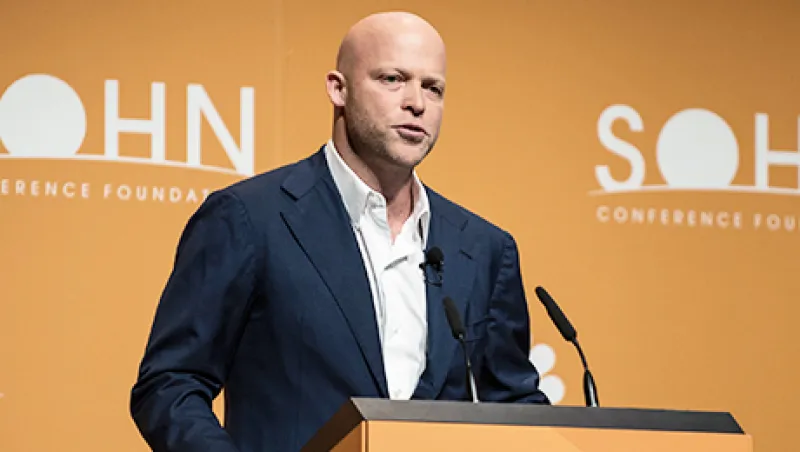Keith Meister’s Corvex Management and Richard (Mick) McGuire III’s Marcato Capital Management, two once-hot activist hedge fund firms that bolted out of the gate during the post-financial crisis bull market, have lost a big chunk of their assets over the past year as some of their highest-profile activist plays have slipped into the red.
Meister and McGuire are the protégés of rival activists Carl Icahn and Bill Ackman. At his peak, Meister, the former Icahn lieutenant, owned $8.5 billion in U.S. equities at the end of the third quarter of 2015, according to Corvex’s filings with regulators. His most recent 13F, filed in mid-May, show his U.S. equity holdings at $3.6 billion —a 58 percent decline. While those numbers don’t tell the whole story, they are a proxy, as most of activists’ holdings are in equities.
Earlier this year, Corvex reported regulatory assets under management, which also includes leverage, of $7.4 billion at the end of 2016. Corvex had $5 billion in capital at the beginning of 2017, according to estimates by data provider Absolute Return, which said that was a 29 percent decline since January 2016.
With backing from Soros’ seeding platform, Meister launched Corvex in 2011 to much fanfare, doubling assets by 2013 with several early activist successes. But many of his activist plays have not performed well, particularly recently. His latest ones — oil and gas exploration company Energen Corp., telecommunications company CenturyLink, and streaming music service Pandora Media — are all trading lower than his average purchase price, according to his 13D filings.
Pandora is the worst — it’s down 26 percent from the price Meister paid for his stake, which was disclosed in May of 2016. Overall, Meiser’s current activist plays are down about 15 percent by that measure, compared with a 6.78 percent gain for the Standard & Poor’s 500 stock index during the respective time periods. Out of 14 activist plays in which he took a 5 percent stake or more, six are either trading lower than when he bought them, or did so when he sold out. Over time, however, his holdings still outperform the S&P 500 — but by just a little more than 1 percent. Meister declined to comment.
Marcato’s assets have fallen 50 percent, to $1 billion, according to a person familiar with the numbers. McGuire, a former partner at Ackman’s Pershing Square Capital Management, launched Marcato in 2010 with seeding from Blackstone and quickly took off, nearly doubling assets in 2013. Marcato’s decline is entirely from redemptions, largely from funds of funds, as the flagship fund is actually performing well. Although it lost 9.3 percent in 2015, it gained 9 percent last year. This year, the fund is up about 8 percent so far.
McGuire’s newest activist positions— in Deckers Outdoor Corp., which makes UGG boots and apparel, and Terex Corp., which manufactures cranes — have gained 44.45 percent and 67.45 percent, respectively, from his average purchase price, trouncing the S&P 500. But the attention has been on casual dining chain Buffalo Wild Wings, where he recently wrangled a board seat. So far, though, the position has been a loser. His stake is down almost 6 percent from his purchase cost of $138 per share.
In recent years, McGuire has been involved in a couple of other high-profile losers — auction house Sotheby’s International, which he exited with a 3.6 percent loss from his purchase price, and transactions processing company NCR, which had fallen 7 percent by the same measure when he left the board, then quickly sold out. Overall, however, his 12 activist plays’ gains have almost doubled the broader market, with an average gain of 30 percent.
McGuire declined to comment.







